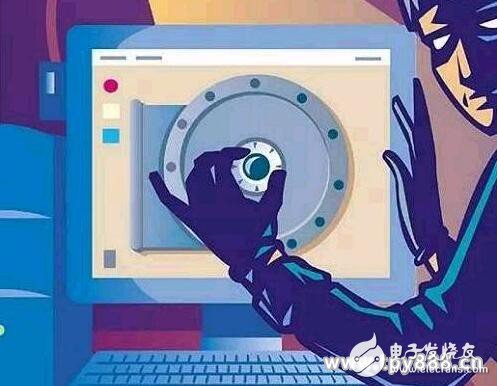According to a recent survey conducted by the China Household Appliance Service Maintenance Association, the rapid growth of the internet and the increasing popularity of smart home appliances have led to new challenges in consumer rights protection. Issues such as privacy leaks, difficulties in software services, and service gaps in product recalls have become more prevalent. These problems have raised concerns about consumers' right to be informed, marking the emergence of new types of infringement.

The survey collected over 24.73 million data points, covering 891 brands and online appliance service platforms across eight categories, including refrigerators, washing machines, air conditioners, air purifiers, televisions, water heaters, and stoves. The findings reveal a growing trend of rights violations in home appliance services, with infringement incidents rising by 4.73% compared to the previous year. Notably, small-scale service providers—those with fewer than 10 employees—accounted for 96.41% of the entities involved in these violations, indicating that this sector is particularly vulnerable to abuse.
In recent years, the integration of smart technology into household appliances has transformed daily life, but it has also introduced new forms of consumer harm. Companies and service providers now hold vast amounts of user data, and the unauthorized sharing or misuse of this information has become a major concern. In addition to accidental data leaks due to poor management, some companies deliberately sell consumer data to third parties for profit. According to the survey, 52.84% of respondents reported receiving unsolicited calls after purchasing specific products, highlighting the growing issue of data exploitation.
Another area of concern is the software support for smart appliances. Many manufacturers focus primarily on hardware warranties, offering limited or unclear support for software maintenance and updates. In fact, over 40% of smart devices do not clearly state or provide three-year warranty coverage for their software components, leaving consumers without adequate protection. This lack of transparency raises questions about long-term usability and customer satisfaction.
As smart appliances continue to evolve, it's essential for both businesses and regulators to address these emerging challenges. Strengthening data security measures, improving software support, and enforcing stricter consumer protection laws will be crucial in ensuring a safer and more transparent market for all users.
Three-Phase Induction Motor,Automatic Rail Motor,Multiple Phase Induction Motor,High Precision Motor
Jiangsu Hengchi Motor Technology Co., Ltd , https://www.hcemotor.com